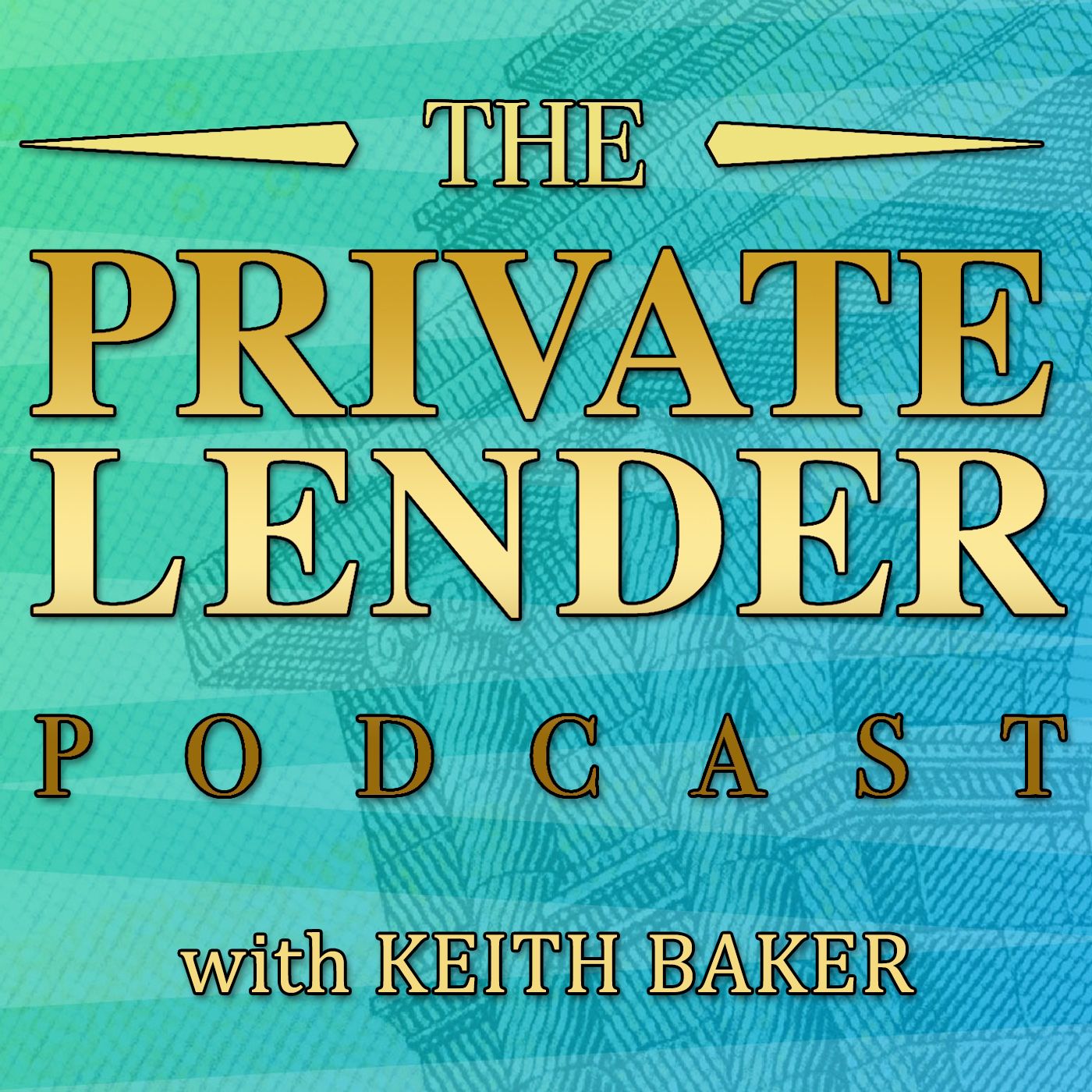PLP-077 Property Insurance And The Concept Of Indemnity

Indemnity is an insurance term that is often misunderstood. The word indemnity comes from the Latin indemnis, which means unhurt, undamaged, or without loss. That is at the heart and soul of every insurance policy. Essentially, if something bad happens, that policy will get you back to the position you were in at the moment before the loss. Learn more about property insurance and the concept of indemnity as Host Keith Baker gets into the heart of the whole principle – from the reimbursement to the claims process and conditions for closing.
---
Listen to the podcast here:
Property Insurance And The Concept Of Indemnity
We're going to talk about insurance, everyone's favorite subject. Probably one of the most boring things in the world to talk about is insurance. However, as a private lender, insurance policies keep those properties that we invest in and we put liens upon. It keeps them safe and keeps us safe and our borrower safe. They’re a good thing. We want to talk to you about property insurance and the concept of indemnity, but before we get into all that fun stuff, I'd like to direct you over to the PrivateLenderPodcast.com/expo. This will be a link to take you to get tickets to the Quest Trust Company Self-Directed IRA Expo that's happening in Houston. You get a 25% discount with the promo code PLPODCASTS. I don't get any money from the tickets, but I get pride. Whether it's realistic or not, my goal is to drive as many people more than any other sponsor at this event because it's a cool thing to do. August 22nd, the night before the expo, there’s going to be a happy hour at the Royal Sonesta Bar. Come on out if you’re going to be in Houston. You can meet the vendors, a lot of VIPs and other people from Quest. I look forward to seeing everybody.
Let's get into the heart and matter of the episode. Let's talk about property insurance and the concept of indemnity. It is an insurance term that is often misunderstood. I want to walk you through a couple of terms and this is one of them. The word indemnity, to put you completely back in school though, it's a Latin root, indemnis meaning unhurt, undamaged or without loss. That is at the heart and soul of every insurance policy. If something bad happens, then that policy will pay you back to get you to the position that you were in right before the incident occurred. To get back to where you were at the moment before the loss, that's the whole idea. You're not supposed to profit from insurance even though I think a lot of people do when it comes to claims, especially I've seen on houses. You can do some of the work yourself, save some money. You can make some money. The whole principle of the insurance is to put your property back to where it was right before whatever that incident was. That peril that occurred, whether it would be a hurricane, tornado, fire.
Indemnity insurance is a contractual agreement or an insurance policy in which one party guarantees compensation for the actual or potential losses that are sustained by another party. The insurance company promises to compensate or to pay for the cost of the insured. These policies indemnify or reimburse the assured against claims. That is where the big hang-up gets is with reimbursing. Reimburse is to pay a sum the money that has been spent or lost. The moral of that story is you must spend money in order to get the insurance money. That is the principle behind insurance policies. You'll say, “Keith, State Farm cut me a check to get started and told me how much I was going to get for my whole claim and I hadn't even spent a dime.” That often happens with consumer insurance because they're afraid of bad faith. They don't want to be seen as not handling claims properly. They'll come in and a lot of times they'll go ahead and put down what's called the actual cash value. Let's say for example, you have $100 widget that's five or ten-years-o...